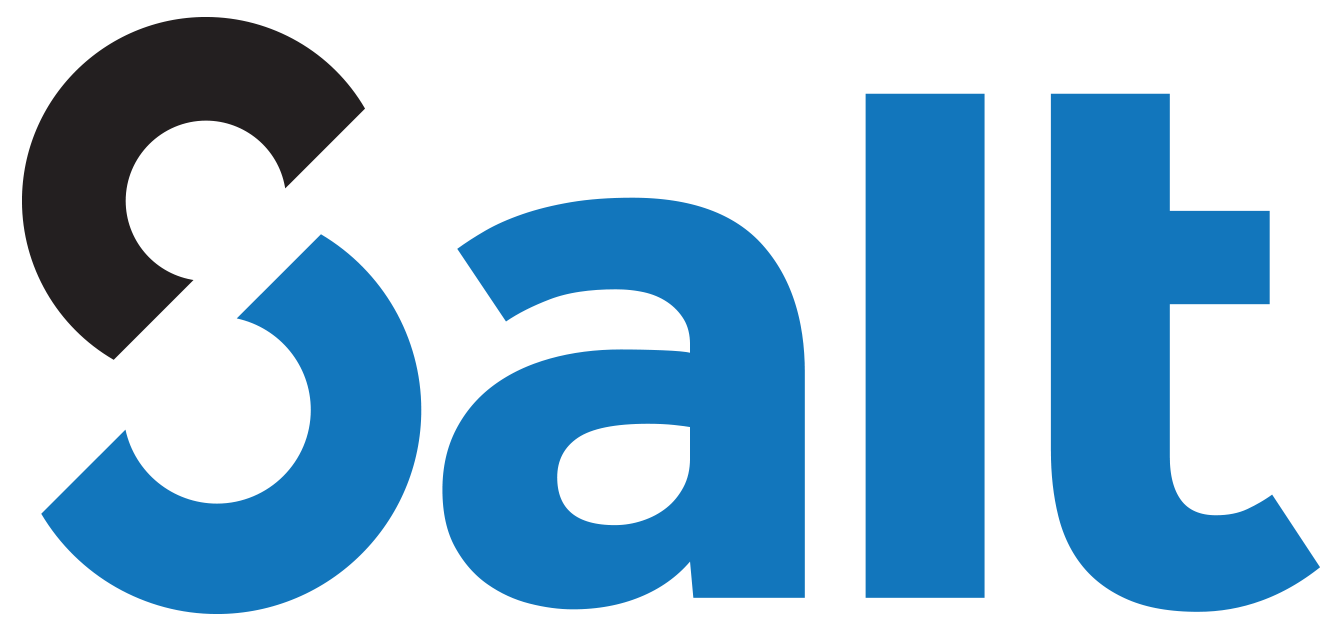Unintended consequences and impacts of emerging technologies
September 14, 2023
Technology has always been created and developed with a positive mindset – one that will benefit mankind and provide a better habitable world by creating positive values. However, several times we have seen unintended (outcomes that are not intended by any purposeful action) and unanticipated (outcomes that were not those that were foreseen) consequences of technology. The versatility and heterogeneity of digital technologies and related applications has resulted in several problematic outcomes such as physical health (e.g., hypertension, diabetes, obesity), mental health (e.g., technostress, anxiety, poor sleep quality), privacy threats (e.g., surveillance, theft of personal data), and performance impacts (e.g., social relationships, work). These unintended and/or unanticipated outcomes can further be classified into four types: known knowns (consequences that history has taught us might happen in a particular context), known unknowns (consequences that are predictable by applying good judgment and data analysis), unknown unknowns (consequences that are completely unexpected and for the most part totally unpredictable due to the absence of any previous data or risk factors), and unknown knowns (this is more of an oxymoron where the creators of a technology openly state that they have no idea or control as to how their innovations will be used by the society).
In this special issue, we invite the researchers to explore the unintended and/or unanticipated “dark areas” of emerging digital technologies that may fall in any of the four groups mentioned above. Regarding the scope of digital technologies, we cover both artificial intelligence (AI)-based, as well as non-AI based ones. We are particularly looking towards innovative Human Computer Interaction (HCI) or Information Systems (IS) based approaches that theorize novel information technology (IT) and/or AI-based artifacts that cover problematic technology use, and how can such undesirable technology behaviours be either prevented or acted upon. For AI-based digital technologies like conversational agents, Metaverse, artificial robots, or smart-city applications, we strongly encourage researchers to propose novel artifacts beyond traditional perspectives such as the Technology Acceptance Model (TAM), Unified Theory of Acceptance and Use of Technology (UTAUT), or similar ones as they cannot effectively address AI-specific features like anthropomorphism and intelligence. Through this special issue we prefer to take the route of “cautious optimism”, whereby we want to steer the various digital technologies towards their successful and sustainable use and expect some positive returns.
We encourage both comprehensive literature review and original research (qualitative, quantitative, or mixed-method approaches) articles to be submitted in the following topics, but not limited to:
Ø Adoption models and conceptual frameworks that explore new IT and AI artifacts related to problematic technology use.
Ø Novel methodologies that investigate the unintended and/or unanticipated consequences of the emerging digital technologies in any organization or society as a whole.
Ø Behavioural, psychological, social, and cultural issues related to problematic technology use.
Ø Ethical and privacy concerns of AI-based technologies, algorithmic bias, fairness, and aversion.
Ø Antecedents and consequences of the negative aspects of AI use in an organizational or societal context.
Ø Studies exploring the use of digital technologies like ChatGPT, digital twins, artificial robots, Metaverse, and blockchain to propel unhealthy practices beyond the intended and theoretical limits of their use.
Ø Negative consequences of using technologies like ChatGPT, digital twins, Metaverse, Augmented/Virtual reality, and deep fakes.
Ø Challenges to security, privacy, trust, distrust, deception, and social engineering attacks in futuristic technologies like Metaverse (meta-cybersecurity).
Ø Mitigation mechanisms that can alleviate problematic technology use by using pre-emptive mechanisms either as a design feature of the IT/AI artifacts or framing organizational policies.
Ø Impulsive use of digital technologies, technology mediated dangerous behaviors, and disruption of work-life balance due to digitization.
Ø Studies using future oriented approaches, e.g., scenario planning or value-based design for providing foresight into problematic system use.
Guest editors:
- Dr. Debajyoti Pal, Assistant professor, Innovative Cognitive Computing Research Center (IC2), King Mongkut’s University of Technology Thonburi, Bangkok, Thailand.
- Dr. Eugene Cheng-Xi Aw, Assistant Professor, UCSI Graduate Business School, UCSI University, Kuala Lumpur, Malaysia.
- Dr. Anand Jeyaraj, Professor, Wright State University, Dayton, USA.
- Dr. Shuyuan Mary Ho Metcalfe, Associate Professor, Florida State University School of Information, Tallahassee, FL, USA.
- Dr. Xiangmin Zhang, Professor, School of Information Sciences, Wayne State University, Detroit, USA.
Manuscript submission information:
Manuscripts should be submitted online.
Please select “VSI: Unintended consequences” when submitting your manuscript to this special issue and indicate the actual article type in the cover letter.
- Deadline for manuscript submission:30 December 23
- 100% discount is offered for this Special Issue.
Keywords:
- AI ethics
- Conversational AI (such as ChatGPT)
- Dark side of technology
- Digital twin
- Metaverse
- Organizational policy
- Problematic technology use
Why publish in this Special Issue?
- Special Issue articles are published together on ScienceDirect, making it incredibly easy for other researchers to discover your work.
- Special content articles are downloaded on ScienceDirect twice as often within the first 24 months than articles published in regular issues.
- Special content articles attract 20% more citations in the first 24 months than articles published in regular issues.
- All articles in this special issue will be reviewed by no fewer than two independent experts to ensure the quality, originality and novelty of the work published.

